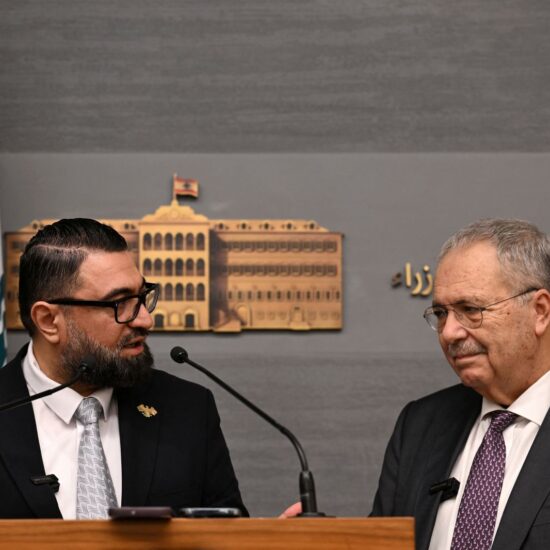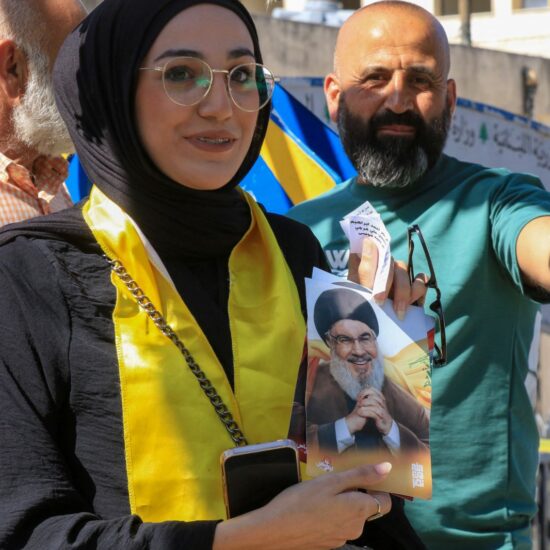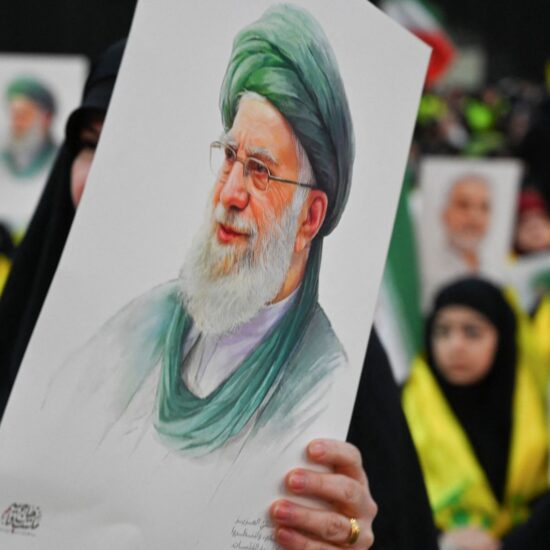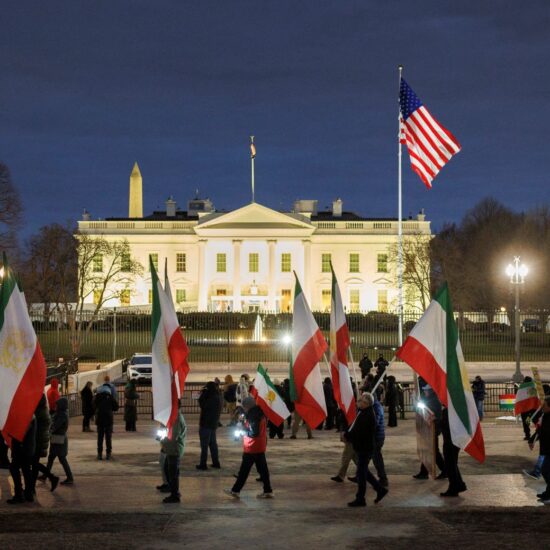
A complex case of political intrigue, possible judicial independence, and international pressure
Riad Salameh, Lebanon’s former Central Bank Governor, has been one of the most influential and controversial figures in the country’s recent history. His arrest in early September 2024 marks an important moment, not only for the country’s financial crisis, but also for its complex political landscape. While his arrest is a significant development, the question remains: will Riad Salameh actually face prosecution?
The political landscape
Salameh’s tenure at the helm of the Banque du Liban (BDL) spanned nearly 30 years, during which he was both praised as a financial savior and blamed as a key architect of Lebanon’s economic collapse. His arrest comes after years of accusations of money laundering, embezzlement, and illicit enrichment – crimes that allegedly funneled millions of dollars into his own accounts and those of his associates.
Why now?
The core question remains why was Salameh arrested now, after years of political protection?
International Pressure: Salameh’s legal troubles extend beyond Lebanon. He is under investigation in several European countries, including France, Germany, and Switzerland, for alleged embezzlement of Lebanese public funds and money laundering. Internationally, Lebanon is seeking financial aid from institutions like the IMF, which has made clear that reforms and accountability are essential. Salameh’s arrest may be a move to demonstrate Lebanon’s willingness to comply with these demands.
Political Shifts: Lebanon has been without a president since October 2022, and the country’s political elite remains deadlocked. Speaker Nabih Berri has called for renewed dialogue to elect a president, but internal divisions persist. Salameh’s arrest could be a strategic distraction from the ongoing political impasse, or a calculated move by certain factions to distance themselves from him as public anger over the economic crisis grows. In a political system where alliances shift frequently, his arrest could signal that his political cover has eroded.
Public Pressure and Accountability: Since the 2019 protests and the devastating 2020 Beirut port explosion, public anger toward the political class has only intensified. Salameh, seen as a symbol of Lebanon’s financial mismanagement, has been a target of this anger. His arrest could be a move to appease the public while preserving the underlying political order.
The rare possibility of judicial independence
Lebanon’s judiciary is often seen as deeply intertwined with political power. However, Salameh’s arrest raises the possibility – however slim – of a rare moment of judicial independence. The judiciary has historically been constrained by political actors, but some recent cases have shown cracks in this arrangement. Judge Tarek Bitar, for example, has famously persisted with the investigation into the Beirut port explosion despite significant political interference.
In Salameh’s case, the judiciary might be seizing the moment to assert itself amid Lebanon’s broader political dysfunction. However, it remains to be seen whether this momentum can continue, especially if political actors feel threatened by the potential revelations Salameh could bring to light.
International comparisons: high-profile arrests and their outcomes
Salameh’s arrest mirrors several high-profile cases internationally, where powerful individuals were arrested for financial crimes but faced varied outcomes.
Carlos Ghosn (Japan/Lebanon): The former Nissan CEO was arrested in Japan on charges of financial misconduct but dramatically escaped to Lebanon, exploiting the country’s lack of an extradition treaty with Japan. While Ghosn evaded prosecution, his case demonstrates how high-profile figures can use political connections and jurisdictional loopholes to avoid justice. Salameh, if politically protected, could similarly evade a full prosecution by leveraging his connections.
Silvio Berlusconi (Italy): Italy’s former Prime Minister faced numerous legal battles over corruption, tax fraud, and bribery. Berlusconi managed to avoid serious punishment for decades through a combination of legal maneuvering and political influence, eventually being convicted of tax fraud but still maintaining a public political role. Like Berlusconi, Salameh might use legal loopholes or political alliances to delay or weaken prosecution.
Jeffrey Epstein (USA): Epstein, a financier with deep connections to powerful people, was arrested for sex trafficking but died under mysterious circumstances while in custody, with his death ruled a suicide. Salameh’s own claim that he would “take everyone down with him” if arrested hints at the explosive potential of his trial, particularly if he holds compromising information on Lebanon’s elite. If his case proceeds, the pressure to silence him could manifest in unexpected ways.
Will Salameh be prosecuted?
Realistically, the outcome of Salameh’s arrest is uncertain. While the arrest itself is a significant event, the Lebanese political system is designed to protect its élites. His prosecution would depend on multiple factors: the strength of international pressure, the will of the judiciary, and the extent to which political actors feel exposed by his potential revelations.
However, even if Salameh is prosecuted, it is unlikely to lead to a broader reckoning for Lebanon’s entrenched political class. More often than not, high-profile arrests in Lebanon serve as symbolic gestures rather than transformative moments. Yet, given the international attention on Lebanon and Salameh’s prominence, this could be one of those rare cases where accountability is pursued to its full extent.
In the end, much like the man himself, the case against Riad Salameh is a complex intersection of political intrigue, international pressure, and judicial action. Whether his arrest will mark a new chapter in Lebanon’s quest for justice or simply be another footnote in the country’s long history of impunity remains to be seen.
Ramzi Abou Ismail is a political psychologist and researcher at the University of Kent.
The views in this story reflect those of the author alone and do not necessarily reflect the beliefs of NOW.








